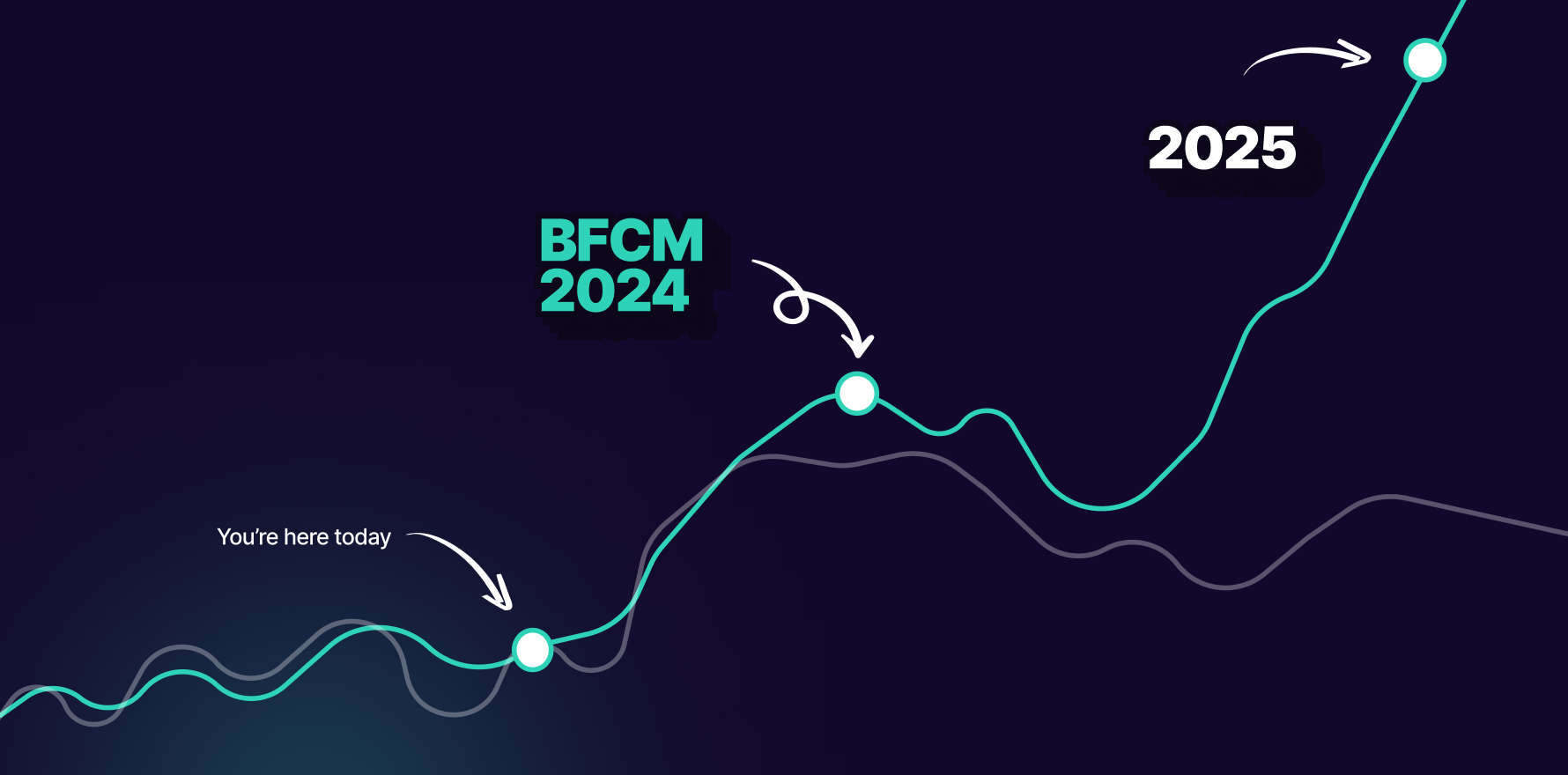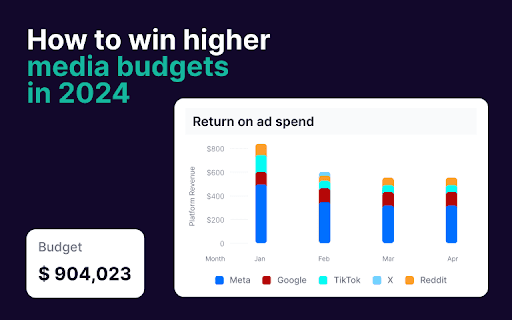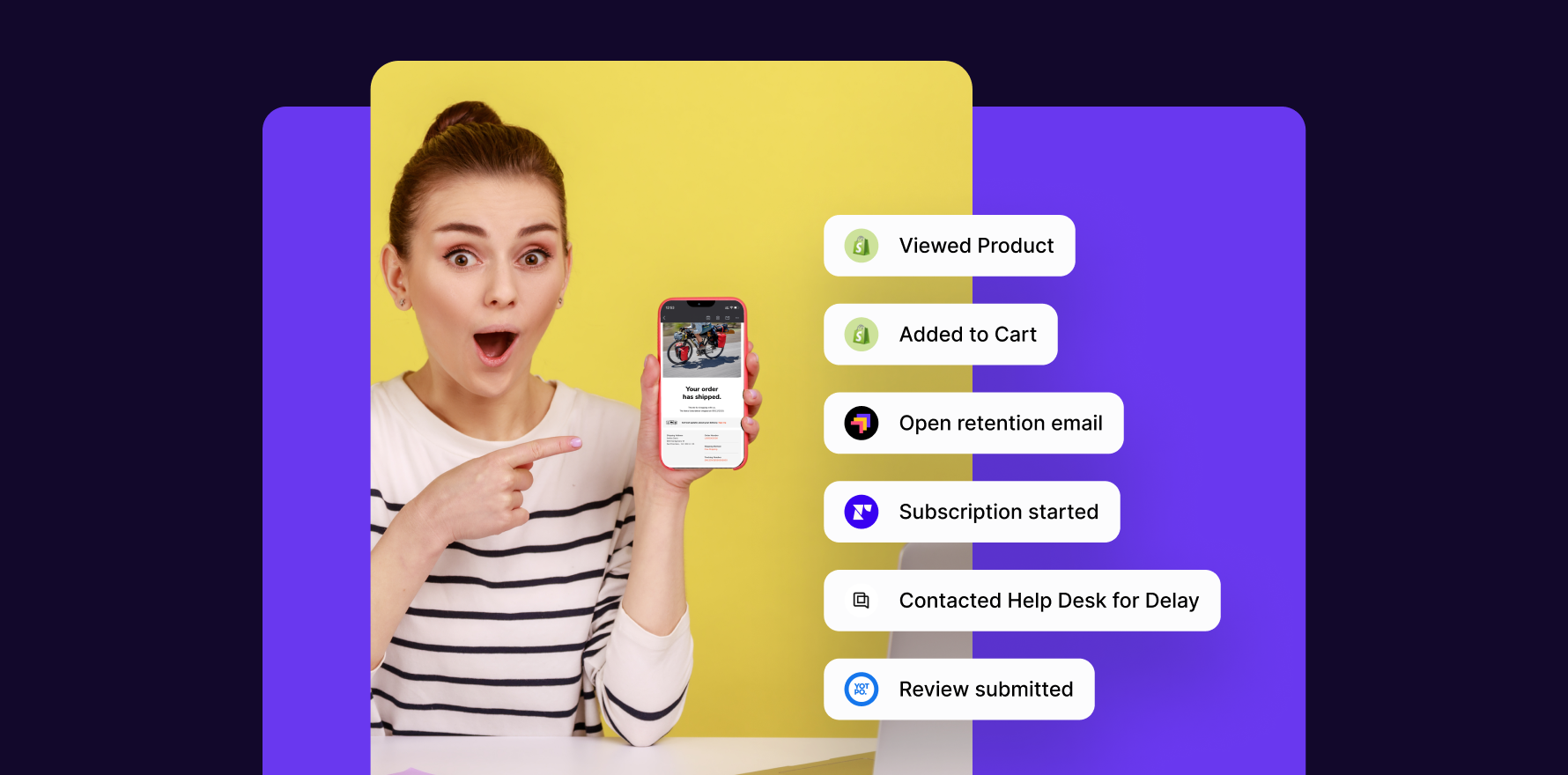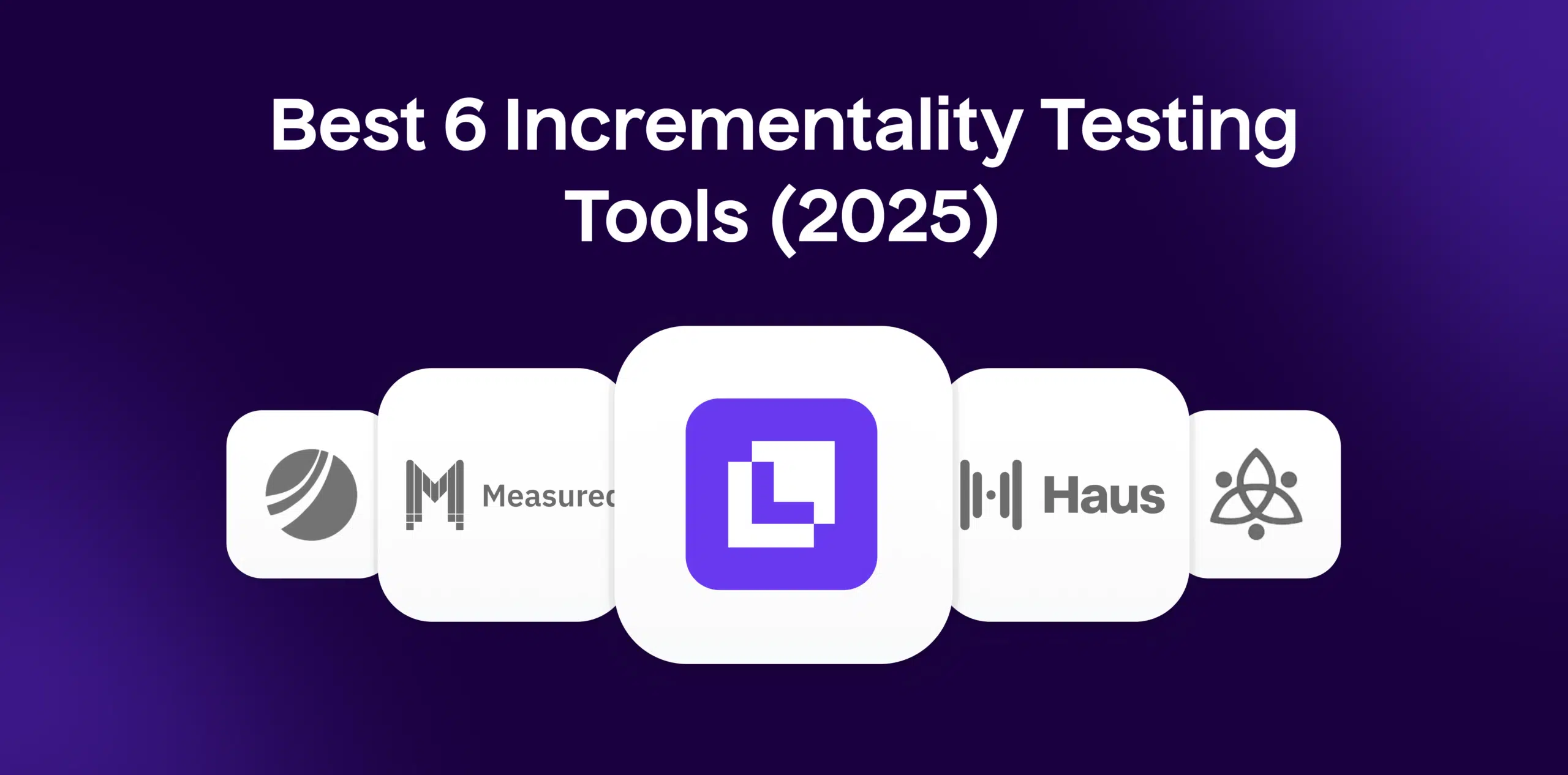What is Pay-per-click (PPC)?
In a highly competitive E-commerce environment, businesses employ various digital marketing strategies to drive traffic to their websites and Pay-Per-Click (PPC) represents one of those strategies.
PPC is essentially an online marketing model hinged on the ad monetizing structure where advertisers pay a fee every time their ad is clicked by an online user. It’s a way of buying visits to a site, rather than attempting to earn visits organically. Search engine advertising, such as Google Ads, is one of the most popular forms of PPC.
Formula
Pay-per-click = Advertising cost ($) / Number of Clicks.
Example
For instance, if you pay $10 for a PPC ad and it gets 50 clicks, then your pay-per-click cost is $10/50 = $0.2. This means you pay 20 cents for each click.
Why is PPC important?
PPC is key to ecommerce marketing for several reasons. Firstly, this approach contributes to business goals by expanding brand exposure and generating leads. Secondly, PPC can provide fast and measurable results, given that it is easy to implement and track. Finally, PPC works well with other digital marketing channels, such as SEO and content marketing, complementing the overall marketing strategy.
Which factors impact PPC?
Several factors can impact the success of a PPC campaign. These include the relevance and quality of the advertisement, the designated keywords, the advertiser’s bid amount, and the expected impact of the ad in terms of ad extensions and other formats.
How can PPC be improved?
Improving a PPC campaign can involve several tactics. These may include targeting the ads more effectively by using relevant keywords, refining landing pages to align with individual search queries, and implementing strong calls-to-action to lead customers to the desired action. Regularly testing different elements, such as headlines, descriptions, and images, can also help optimize results.
What is PPC’s relationship with other metrics?
PPC interacts with other ecommerce metrics in numerous ways; it impacts and is affected by overall website traffic, conversion rates, and customers’ lifetime value to mention a few. For instance, a successful PPC campaign can improve overall sales and revenue while also raising the site’s conversion rate. Conversely, if a site’s usability or checkout process is flawed, then even a strong PPC campaign may have low conversions because users don’t complete their purchases.
Free essential resources for success
Discover more from Lifesight














